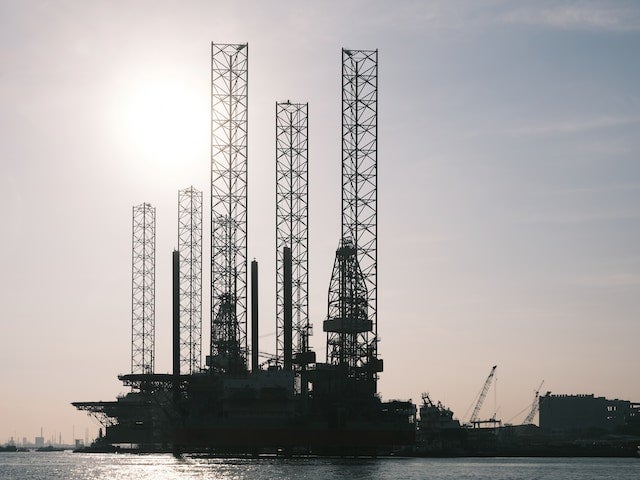
Brazil’s state-owned petroleum company Petróleo Brasileiro (Petrobras) has discovered hydrocarbons in an exploratory well in the pre-salt area of the Aram block in the Santos Basin, offshore Brazil.
The discovery was made at the exploratory well, 3-BRSA-1387D-SPS, located 260km from the city of Santos-SP, at a water depth of 1,979m.
It is currently being drilled, and its oil-bearing interval was verified through wireline logging and fluid samples, which will be further characterised through laboratory analyses.
The data will evaluate the potential for further exploratory activities in the area.
Petrobras said that the consortium will complete the drilling to the expected depth and verify the magnitude of the new discovery and characterise the conditions of the reservoirs found.
The well, which presented superior quality fluid with low levels of contaminants, supports the potential expansion of the accumulation discovered by the wildcat well in the Aram block.
Petrobras, in a statement, said: “The Aram block constitutes an important asset for exploring the remaining pre-salt potential, particularly in the Santos basin.
“The Aram block was acquired in March 2020, in the 6th Bidding Round of the National Agency for Petroleum, Natural Gas and Biofuels (ANP), under the Production Sharing regime, with Pre-Sal Petróleo S.A. (PPSA) as manager. Petrobras is the operator of the block and holds an 80% share, in partnership with CNPC (20%).”
In a separate development, the Brazilian environmental protection agency IBAMA has rejected Petrobras’ proposal to drill a well at the mouth of the Amazon River.
The company’s decision to drill in the FZA-M-59 block resulted in widespread resistance from activists who raised a concern about the possible harm the project would cause.
IBAMA rejected the proposal after experts filed a technical recommendation, which pointed out technical discrepancies in an application filed by the Brazilian petroleum company.
The discrepancies include shortcomings in environmental studies, inadequate communication with indigenous communities, and the safeguarding of the region’s wildlife.
IBAMA, in a statement, said: “Petrobras had several opportunities to solve controversial points of its project, but it was still presenting worrying inconsistencies for the operation in a new exploratory frontier of high socio-environmental vulnerability.”


